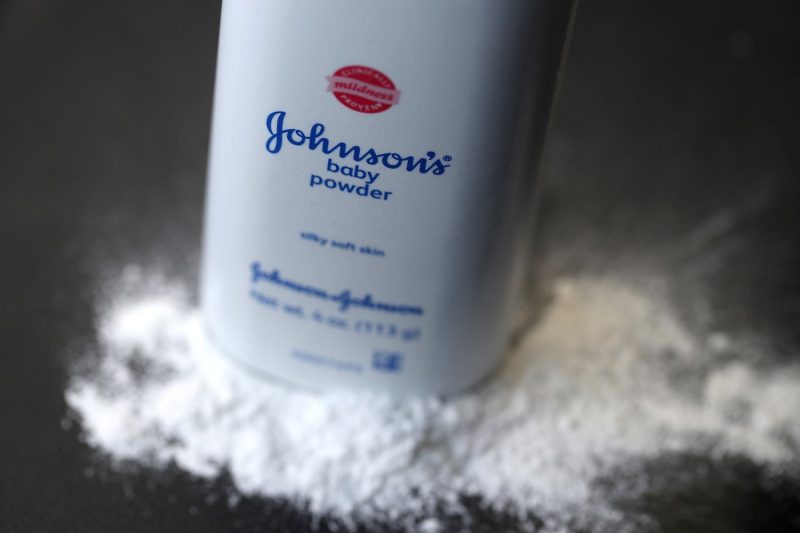Johnson & Johnson, a multinational corporation specialized in the manufacture and distribution of pharmaceutical goods, consumer packaged goods, and medical devices, has agreed to disburse a staggering $6.5 billion to settle the majority of the lawsuits it has been facing in the United States pertaining to allegations of its talc products causing ovarian cancer.
About the Settlement
This resolution has been reached after Johnson & Johnson, often dubbed as J&J, garnered considerable criticism and court battles related to its iconic talc-based products, most notably, its baby powder. The claimants had been insisting on the presence of asbestos in the talc, a substance well-known for its carcinogenic properties, which ultimately led to thousands of ovarian cancer cases.
The settlement would essentially cover the majority of the estimated 38,000 lawsuits that the New Jersey-based company has been dealing with in regard to its talc products. Yet, it is essential to note that the company, while agreeing to settle, neither confirms nor denies its liability connected with the lawsuits.
The Allegations
The talc lawsuits have formed one of the main legal challenges J&J has been grappling with, which became even more complicated as the corporation’s internal documents seemed to validate the plaintiffs’ claims. The allegations were aimed at an alleged cover-up of several studies’ asbestos findings to ensure continued product sales.
The lawsuits kicked off when a Reuters investigation in 2018 reported that J&J had known about the asbestos contamination in its products since the 1970s but had decided against informing the public or regulators. This report provided a substantial boost to the cases and docked the company’s market value severely.
The Impact on Johnson & Johnson
Despite the hefty payout, Johnson & Johnson maintains that its products are safe and devoid of asbestos. Yet, induced by the legal pressure, in May 2020, the company decided to discontinue the sale of its talc-based baby powder in the United States and Canada.
It’s noteworthy that J&J had previously proposed to resolve these cases through the bankruptcy of a small unit that sold the first talc-based products, a move criticized by the plaintiffs who saw it as an attempt to limit liabilities.
The share price of Johnson & Johnson, inevitably got volatile, being influenced heavily by the outcomes of the legal battles. However, the price seems to be stabilizing with the announcement of this settlement decision, indicating to some level of resolution, bringing an end to this protracted legal dispute.
Lastly, despite the settlement, Johnson & Johnson still reserves the right to defend its product if new lawsuits emerge. The company statement reads, ‘the settlement is not an admission of liability or wrongdoing, and the Company will continue to defend against any lawsuits that are not part of this settlement.’
Ultimately, this settlement has far-reaching implications for consumer health and company transparency. It exposes the profound impact of corporate practices on public health and reemphasizes the need for companies especially in the health sector, to adhere stringently to safety and ethical standards. The saga between Johnson & Johnson’s and its alleged cancer-causing talc may be nearing its denouement, highlighting both the potential risks of consumer products and the long-reaching impacts of litigation.
